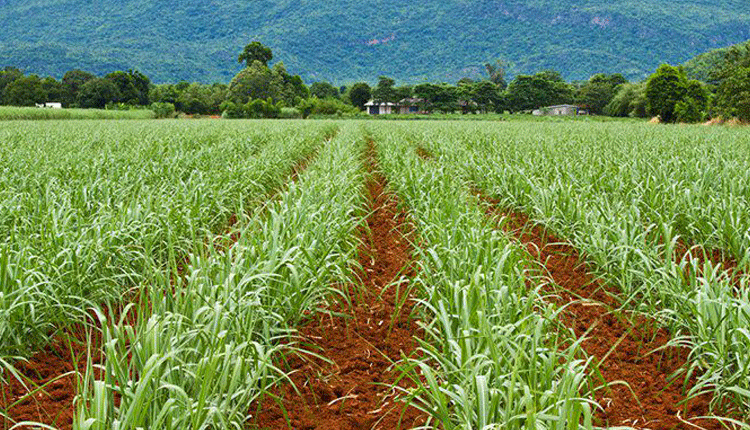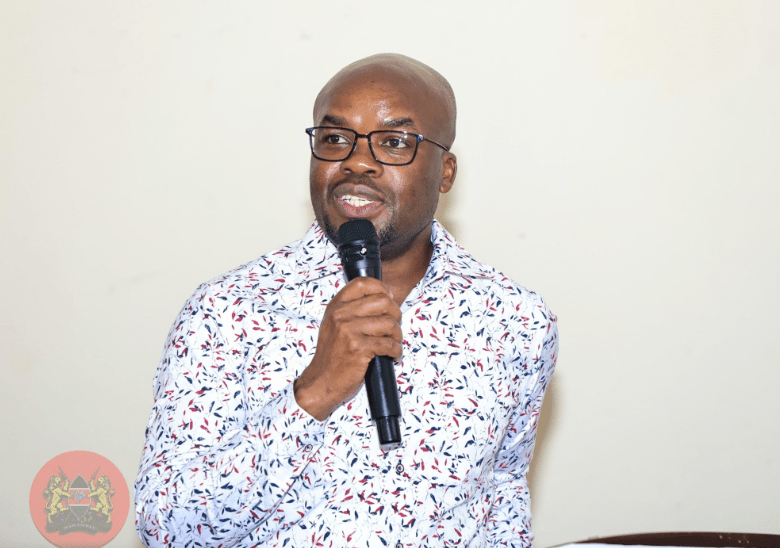Sugar industry at crossroads as court cases stall leasing of mills

Kepher Otieno
For decades, the sugar industry in Kenya has been at a crossroads as millions of cane farmers stare at the sector’s dwindling misfortunes.
Despite the industry’s immense potential to produce enough sugar, this has not been the case for the last two decades.
Cane farmers are still crying for delayed harvest of their produce, cane spillage while on transit to the factories and poor producer prices.
And that is not all; the factories are also battling with high production costs, because of operating with old machinery, which often breaks down in addition to being riddled with a heavy debt burden.
Some of the State-owned sugar factories have also been stuck in receivership for so long.
These are Chemelil Sugar Company, Miwani and Muhoroni. Others like Mumias, Nzoia and Sony sugar are also struggling.
In the domestic market, these factories have a combined share of 30 per cent of the lucrative and competitive industry market.
The sector alone consists of more than 450,000 smallholder farmers, who supply over 90 per cent of the sugarcane processed to the sugar factories. The remainder is supplied by factory-owned nucleus estates.
Today, most of the sugar factories operate way below their installed crushing capacities, thus leading to delayed harvest amid farmers’ protest. They are unable to meet the country’s national demand for sugar.
They are also unable to compete with more efficient producers in the global market.
Despite government heavy investment in sugar mills, the country still has not reached self-sufficiency in sugar production.
Industry analysts, therefore foresee Kenya as unlikely to achieve its key goal of becoming a net exporter of raw sugar unless like Kenya National Federation of Sugarcane Farmers Secretary General Ezra Okoth says, it improves efficiency of millers.
Most recent sugar production estimates show that around 75,000 hectares are under sugarcane farming in Kenya, he notes.
With a production capacity of about 600,000 tonnes annually, he added, it means local sugar factories cannot meet the demand.
“As things stand, the government supports the sugar industry through direct investment in these mills,’’ says Okoth.
Even with the recent waiver of the Sh62 billion debts which has been a great hindrance to the industry’s success, nothing much has been achieved to spur the industry’s growth.
Although Agriculture Cabinet Secretary Peter Munya has been making frantic efforts to revive the ailing sector, he is yet to succeed.
He dissolved the board of Chemelil, Nzoia and Sony Sugar companies and gathered a new team to jointly manage the millers.
This was his major score but it now lies in limbo yet it was his bold and quick move to privatise the industry.
Since he received the Sugar Task Force Report, Munya has implemented a number of proposals, including a waiver of the Sh62 billion debts.
This was done ostensibly to clean the balance sheets of the five State mills that have made losses for many years in order to attract new investors.
Leasing Committee
Munya last year in a gazette notice established a Leasing Committee of nine people that will be chaired by Ann Nyagah.
The head of Sugar Directorate Rose Owino was picked as the Leasing secretary.
Other members of the committee incorporated in the board included the managing directors of the State-owned factories.
The committees shall serve up to the time when the last sugar mill will be handed over to the identified leaser,” according to Munya’s notice.
With the directors kicked out, the CEOs of sugar companies now have to find a way of keeping the firms running without oversight of the boards.
Muhoroni Company Receiver Manager Francis Ooko said they now double up both as CEO’s and also play the oversight role of board members.
“We have now taken over the role played by the board of directors as the State moves to fast-track the process of leasing the mills,” he says.
But the leasing has run into a legal hurdle. Even after the joint sugar task force task force which was co-chaired by Kakamega Governor Wycliffe Oparanya. They made good recommendations.
Yet after riding on the recommendations to bid for leasing firms, some groups of farmers moved to court to stop the process.
They were led by the Kenya Union of Sugar Plantation and Allied Workers Secretary General Francis Wangara.
This has delayed the leasing process. Then other farmer’s interests groups have also enjoined in the case. This has paralysed the much-hyped leasing sending things quiet for a year running.
Now, Kenya National Sugarcane Alliance Organisation has called for the consolidation of seven cases currently before court on the leasing hurdles.
The organisation’s leaders led by Charles Atyang say the cases have been dragging thus frustrating the governments’ effort to revive the mills.
He says farmers are struggling and they would like to see the cases determined to give the government space to revamp the sugar sector.
“As farmers we are concerned that time is running out to revive the sector where millions derive their livelihoods directly or indirectly,” Atyang argues.
He told the press in Kisumu, that they want to seek an audience with Chief Justice Martha Koome over the matter with a view to petitioning the office of CJ to consolidate the cases.












